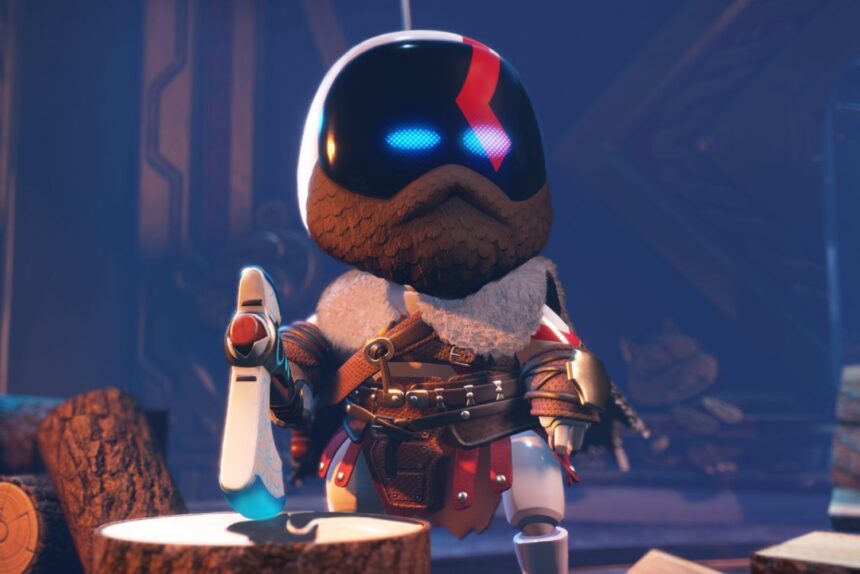If more publishers could ignore the fluff, the over-indulgent hype cycles, and the price-gouging, they’d realize good games can still be profitable. Sony sold far fewer PS5 consoles than at the same time last year. It was in the leadup to the much-anticipated PlayStation 5 Pro console, so maybe it was expected. While we won’t know about sales numbers for Sony’s first $700 ($780 with the often-necessary disk drive) in a few months, Sony is still calling this game season a victory, all thanks to a happy-go-lucky robot called Astro Bot.
Well, not just Astro Bot, though the Mario-like platformer sold 1.5 million copies just two months after launch as of Nov. 3, according to Sony in its second-quarter earnings report. Similarly, Sony cited Black Myth Wukong as a major moneymaker this season. It somehow made up for the travesty of the hero shooter Concord. Last month, Sony unceremoniously pushed the game into a shallow grave, dismantling the studio that made it.
Sony also shared sales figures for its console business, and it doesn’t look nearly as good for PlayStation. The Japanese tech monolith reportedly sold around 3.8 million PlayStation 5 units, 1 million less than in the same three-month period in 2023. This would make sense, as players were waiting for news about the just-released PlayStation 5 Pro. At this point, Sony says it sold 65 million PlayStation 5s, including the original and slim models.
This quarter, Sony, which manufactures smartphones, TVs, and cameras, made 2.97 trillion yen, or $19.4 billion, which aligns with expectations. Surprisingly, the company’s mainstay is its games business. The company cited PlayStation and related services as up 12% over last year.
In an investor call, Sadahiko Hayakawa, Sony’s general manager of finance, said the company expects to sell 18 million PS5s by the end of the year, less than the near-22 million sold in 2023. Hayakawa noted that in the second half of the 4-year-old console’s generation, they expect PS5 unit sales to “gradually decline.”
Hayakawa also cited Helldivers 2 as one of its hits that “far exceeded expectations.” Still, he claimed that the business model has changed since the days of the PlayStation 3 and that they don’t care as much about software sales. The bigger question is how many “active users” it can keep on the platform, ostensibly so they spend more time and money on players dumping dollars into microtransactions and other freemium content.
That business model ignores why first-party games like Helldivers 2 and Astro Bot were so successful in the first place. Helldivers’ studio Arrowhead has been routinely adding more content over time, and Team Asobi, the people behind Astro Bot, is planning future content drops. The content is being built on top of the existing, solid infrastructure.
And we should remember that Concord tried to be a copy of existing hero shooters like Valorant and Overwatch 2, trying to carve out a space in a trend that’s already four years past its prime. Sony likes multiplayer games just as much as any other publisher. It’s far easier to milk a player base when they pump hundreds of hours into an online multiplayer game. Yet, Sony’s balance sheet proves that games that sell well can prop up the entire brand. Perhaps the past business model—the making and selling of games—is a better model than the casino capitalism of today’s game market.
Read the full article here












